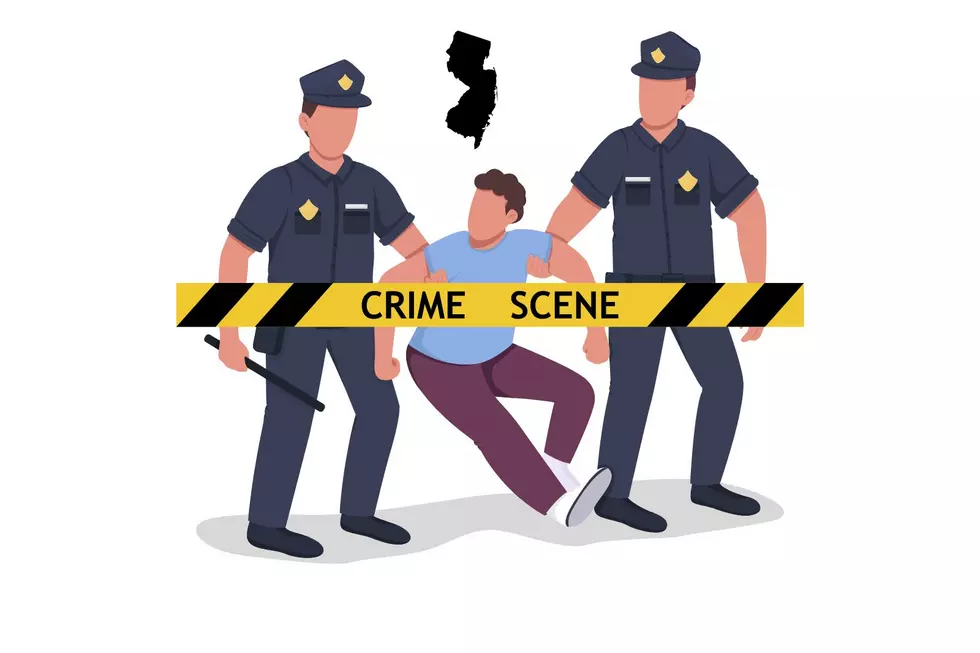
Looking to donate? How to know if a New Jersey charity is legit
The holidays are here — a time when many New Jerseyans tend to be charitable. According to the Division of Consumer Affairs, New Jersey residents donate more than $6 billion a year to charities, based on the amount of money that people declare in taxes.
Paul Rodriguez, acting director of The Division of Consumer Affairs, said anyone who donates to a charity in New Jersey needs to do his or her homework to avoid scams.
But Rodriguez said most charities must register with The Division of Consumer Affairs. People can find all kinds of information about a registered charity from the DCA's website, including its financial information. Donors can make sure the amount that they're giving is going to the organization and the cause of of their choosing.
Rodriguez urges to careful about donating to unfamiliar charities, and research them first. When a charity does not want to give a potential donor information about its work, that's a red flag, he said.
A legitimate charity will have pamphlets and information readily available on its website. The information about how the charity wants to use the money will be clear-cut and easy to understand.
When a supposed charity pressures someone to donate, that's another red flag, Rodriguez said. If you're told "You must donate right now" or "I'm going to send someone right now to come to your house and pick up the check," that's cause for alarm.
Rodriguez said to never give cash, and only write checks to the organization itself, not to an individual.
Just because a message purporting to be from a charity looks legit, doesn't mean it is. For example, an email that comes in from that charity or a message on social media may look tempting, but it could be a phishing scam — with a link to a site that looks legitimate, but is just trying to get a would-be donor's personal information.
Rodriguez said, while he doesn't have exact numbers, he said he has heard from several New Jersey charities that they are struggling in the ongoing coronavirus pandemic. Some are having a hard time working remotely, or their charitable donation wells are drying up.
He also warned that in the aftermath of any natural disaster — as in the pandemic — there are often phony scams to take advantage of people's good hearts.
"I want to encourage everyone, now especially during the pandemic, don't be fooled just because you see an organization that pops up that has no track record, that claims they're going to be soliciting money to help the pandemic or specific people in need," Rodriguez said.
More From Townsquare Media News:


